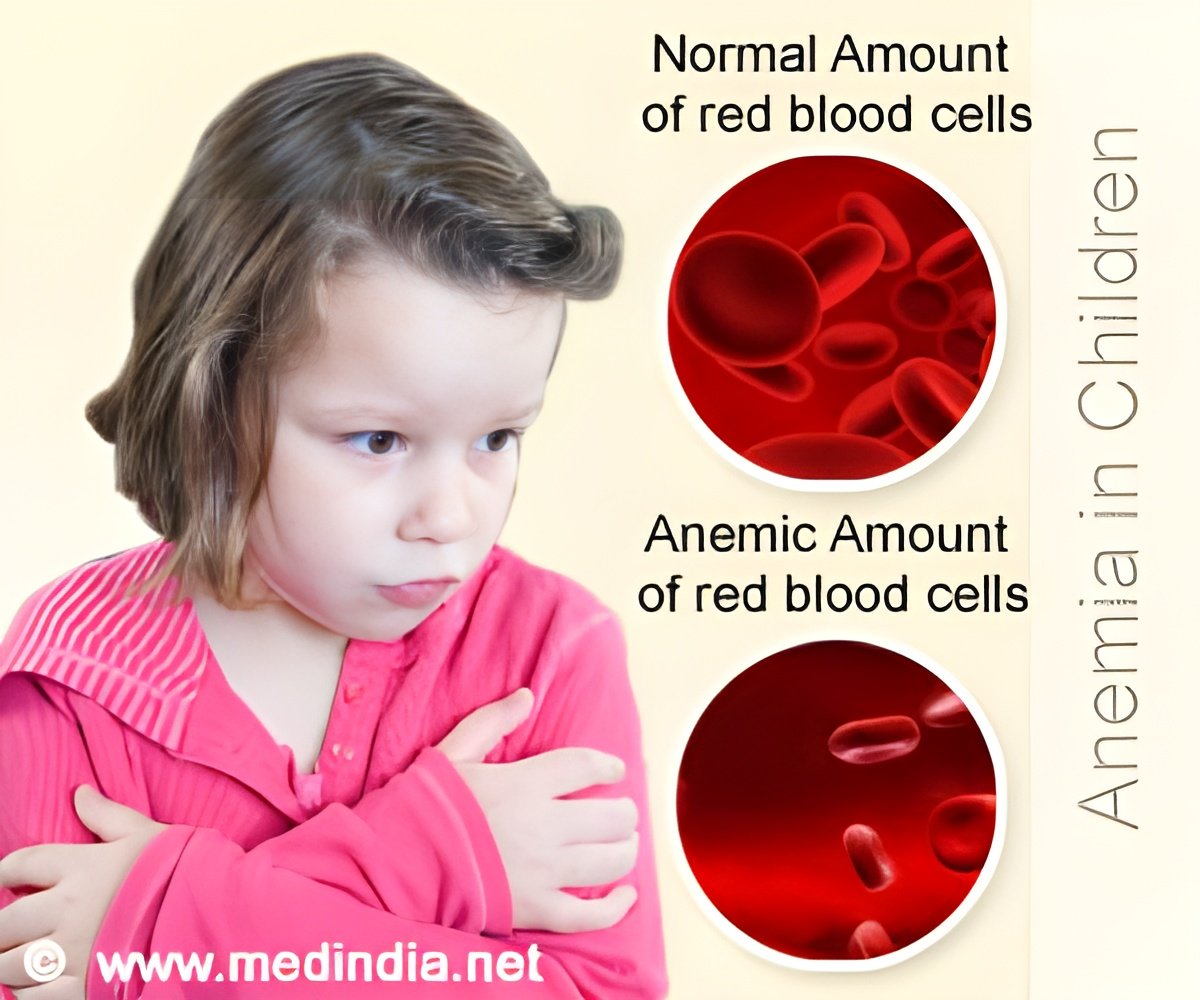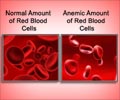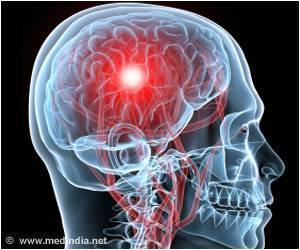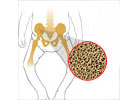Children adopted from institutional settings like orphanages seem to have iron deficiency related lower IQ scores and poor higher-order thinking skills, reveals a new longitudinal study.

Children with more severe iron deficiency when they were adopted and who had spent more time in an institution before they were adopted were more likely to have lower IQ and poorer higher-order thinking skills (such as the ability to plan and solve problems), the study found. Iron deficiency affected higher-order thinking skills independent of its effect on general cognitive ability, as measured by the IQ test. Even less severe levels of iron deficiency were associated with poorer cognitive functioning (examples of cognitive functioning include planning behavior, storing information in memory and then acting on that information, and thinking flexibly about situations).
"Our study shows that both the duration of institutional care and nutrition significantly affect children's cognitive functioning even after they are placed in a nurturing home," according to Jenalee Doom, graduate student, and Megan Gunnar, professor of child psychology, at the University of Minnesota, two of the study's authors.
"These findings are important for pediatricians, psychologists, and other specialists working with children adopted internationally because they highlight the importance of examining both nutritional deficiencies and children's pre-adoptive experience during evaluation and treatment."
Specifically, they note, children can receive iron supplements or cognitive interventions that address each child's specific needs. Common interventions for internationally adopted children include those that address sensory integration disorder and attention deficit hyperactivity disorder. Parents should be informed about adoption nutrition so they make sound nutritional choices to optimize their children's development. Organizations that specialize in nutrition in orphanages will benefit from an understanding of which nutrients are vital for cognitive functioning and what types of nutrient deficiencies are commonly found in children adopted internationally who had previously lived in institutional settings.
Even children who aren't adopted may benefit from careful monitoring of iron status in early childhood, given that deficiency significantly predicted cognitive outcomes independent of how long the children in this study had been institutionalized, the authors note.
Advertisement
Researchers examined medical records of 55 children (then ages 17 to 36 months) soon after they were adopted and classified them as having normal iron levels, less severe iron deficiency, or severe iron deficiency, characterized as anemia. About a year later, when the children were 2 to 4 years old, they were given an IQ test and tests that measure higher-order thinking skills. These skills, also called executive function, include the ability to delay a reward, store and manage information to accomplish a task, and think flexibly about a task.
Advertisement















